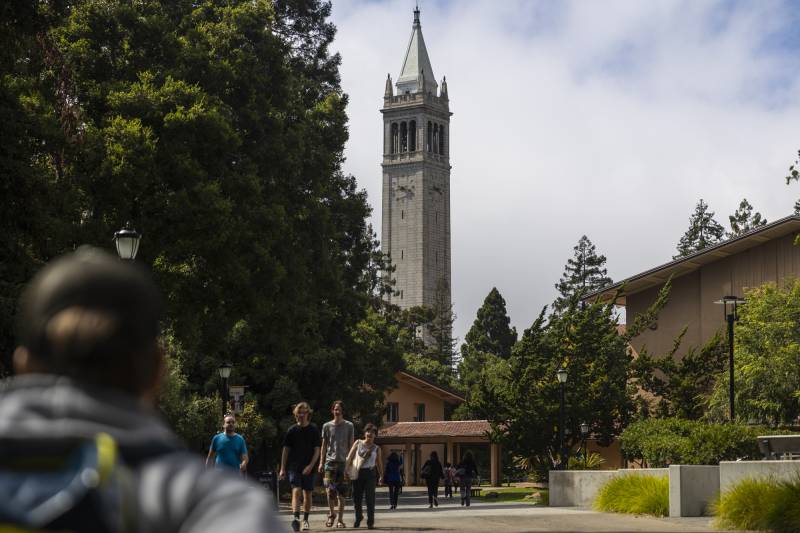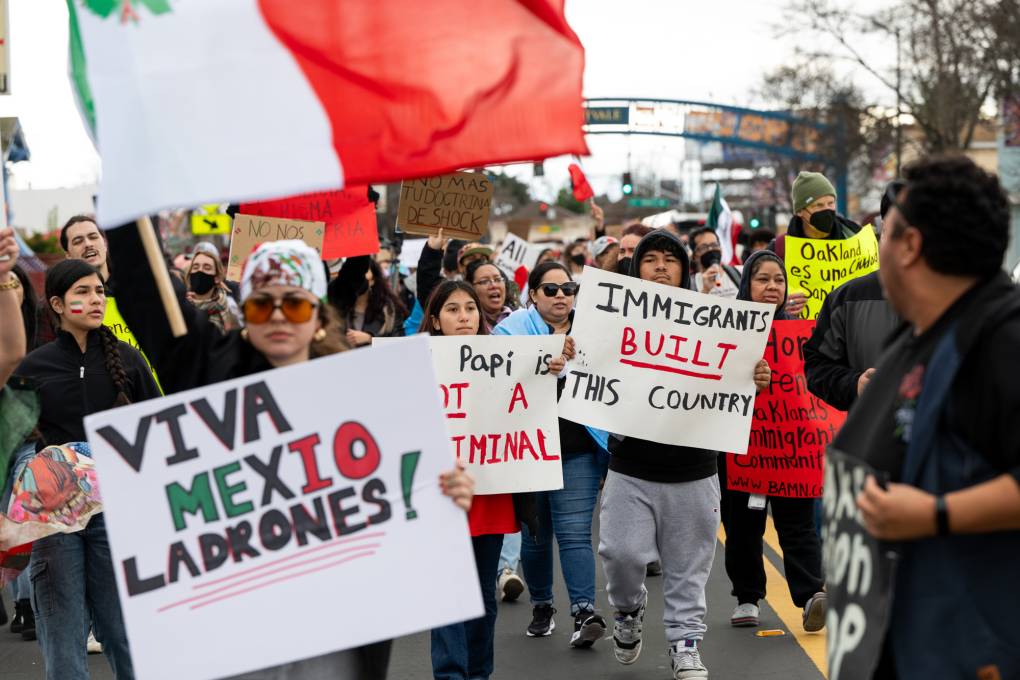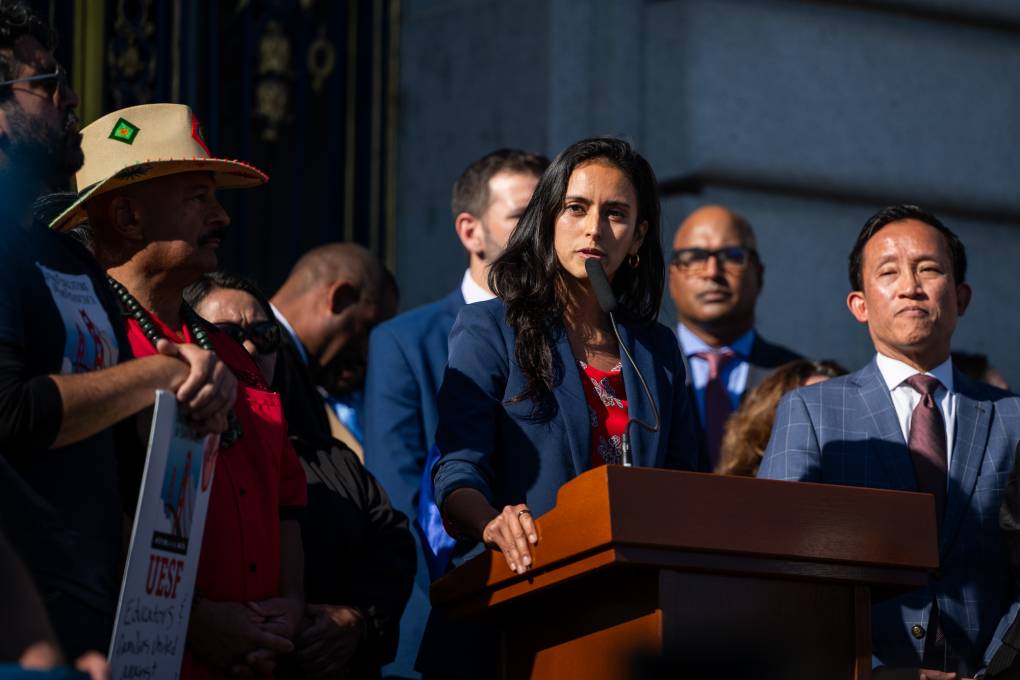Whenever a new court decision comes out about the program, employees in the immigrant resource centers often find themselves holding workshops or trainings to help explain the decision to students. Yet, they are also processing the decision themselves.
“You have to check in with the students, but sometimes no one is checking in with you,” said Eric Yang, a recipient who has worked with immigrant students at two different California universities. “How can we help others if we can’t even advocate for ourselves?”
University of California officials are currently examining ways to support employees if the temporary deportation protections are terminated, according to UC Office of the President spokesperson Stett Holbrook. He added that the UC Immigrant Legal Services Center offered immigration consultation workshops for recipient employees last summer, “many of which identified eligibility for employment, family or humanitarian relief.”
“The University of California has a long record of support for DACA recipients, and we will continue to support our students, staff and faculty regardless of their immigration status,” Holbrook said.
The University of California is also currently considering a proposal to allow the university to hire students who do not have work permits under DACA. A coalition of immigrant students and allies, including legal scholars at UCLA and elsewhere, have argued that a federal law barring hiring immigrants living in the country without permission doesn’t apply to state entities.
California State University and California Community Colleges offer free legal services to employees with temporary work permits. However, advocates said many faculty and staff are unaware that these services are not just for students.
Melissa Villarin, spokesperson for the California Community Colleges Chancellor’s Office, said the community colleges have also recently included resources for staff and faculty during the annual Undocumented Student Action Week.
Díaz also recommended more training for university staff about DACA recipients. She said survey respondents said there was a lack of awareness or understanding among other staff and faculty about their colleagues living in the country illegally.
“There was just no knowledge by institutions of higher ed about even having undocumented staff and faculty on campus,” Díaz said.
She said lack of awareness can lead to insensitivity. At one point, for example, she said a human resources director asked her why she didn’t just fix her status or apply for a green card, not understanding that Díaz, like most immigrants who entered or stayed in the U.S. illegally, didn’t have a way to apply for a green card without leaving the country and possibly having to stay out for up to 10 years.
Yang said universities should do more to highlight the stories of staff covered by the Deferred Action for Childhood Arrivals program “so that people in the public know that there are professional staff who are also potentially without any protection or support.”
Despite the challenges these immigrants face, Rodríguez, from the Presidents’ Alliance on Higher Education and Immigration, said they should be commended for their work. “They’re very involved in the students’ lives because they’re able to create such strong bonds with the students,” she said. “They’re some of the most exceptional and brilliant practitioners that I’ve come across in higher education.”



